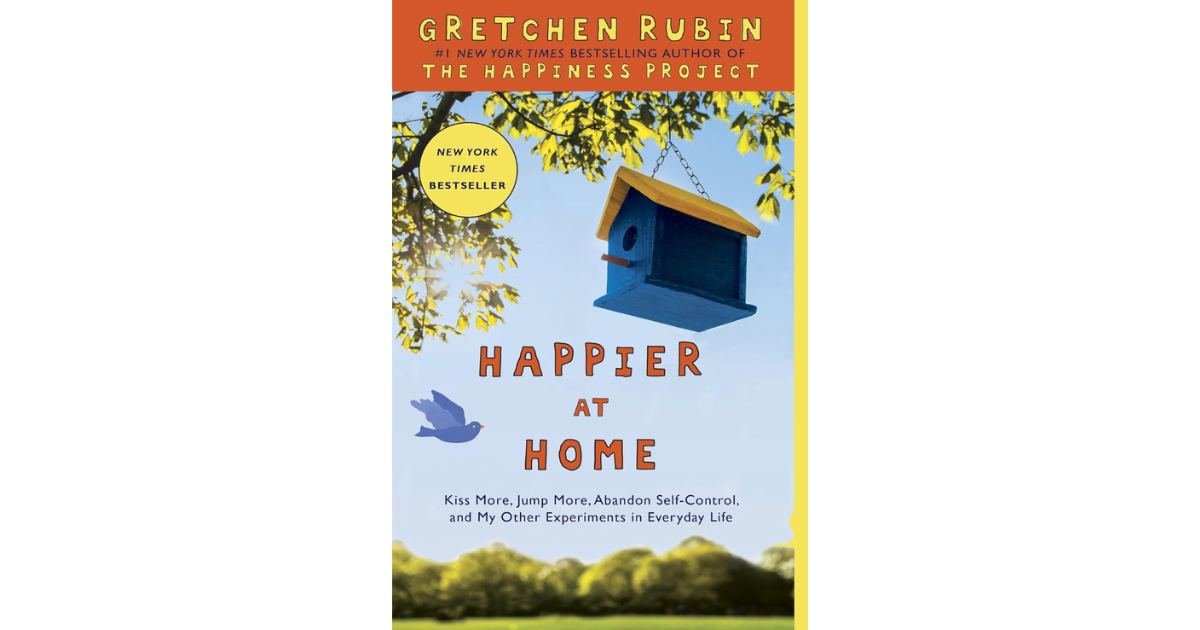Business Book Review: The Talent Code by Daniel Coyle
For anyone who's ever believed they lack natural born talent, meet your ultimate ally - myelin. Grow your talent. Code your skills into your cells.
My Rating: ★★★★
Length: 256 pages
Publisher: Century - Trade
Released: 2021
Key Takeaways for Personal Branding
Daniel Coyle’s The Talent Code is the inspiration for anyone feeling they lack natural born talent. He argues, using the backing of science, that talent is created and nurtured. The development of skill can be explained through extraordinary neurological facts.
Meet Myelin
Coyle’s research into what creates extraordinary success and talent ‘hotbeds’ took him to all corners of the world. And spanned across many realms - from music to high-performance sports. Along the way, he discovered myelin. What some neurologists now believe is the holy grail of acquiring skill.
Every human skill, from playing music to sports, is created by chains of nerve fibres. These carry tiny electrical impulses through a circuit:
“Myelin’s vital role is to wrap those nerve fibres the same way that rubber insulation wraps a copper wire, making the signal stronger and faster by preventing the electrical impulses from leaking out.”
Remarkable photos of myelin under the microscope lens support Coyle’s discovery. Layers of skill become evident to the human eye:
“We fire our circuits in the right way—when we practise swinging that bat or playing that note—our myelin responds by wrapping layers of insulation around that neural circuit, each new layer adding a bit more skill and speed."
The cellular insulation that wraps neural circuits grows in response to certain signals. The more time and energy put into the right kind of practice, the more myelin you produce:
“Tennis players, singers, and painters don’t seem to have much in common but they all get better by gradually improving timing and speed and accuracy, by honing neural circuitry, by obeying the rules of the talent code—in short, by growing more myelin.”
The Deep Practice Cell
When it comes to myelin, not just any practice will do. It must be deliberate deep practice:
“Deep practice is built on a paradox: struggling in certain targeted ways—operating at the edges of your ability, where you make mistakes—makes you smarter.”
“When you’re practising deeply, the world’s usual rules are suspended. You use time more efficiently. Your small efforts produce big, lasting results. You have positioned yourself at a place of leverage where you can capture failure and turn it into skill. The trick is to choose a goal just beyond your present abilities; to target the struggle.”
The key to deep practice is finding the ‘sweet spot’. It’s the spot between what you know and what you’re trying to do. This is where learning really takes off:
“The fact that a targeted effort can increase learning velocity tenfold sounds like a fairy tale in which a handful of tiny seeds grows into an enchanted vine. But strangely, the enchanted vine turns out to be something close to neurological fact."
Coyle proposes the revolution is built on three simple facts:
Every human movement, thought, or feeling is a precisely timed electric signal travelling through a chain of neurons—a circuit of nerve fibres.
Myelin is the insulation that wraps these nerve fibres and increases signal strength, speed, and accuracy.
The more we fire a particular circuit, the more myelin optimizes that circuit, and the stronger, faster, and more fluent our movements and thoughts become.
“The story of skill and talent is the story of myelin.”
“Why is targeted, mistake-focused practice so effective? The best way to build a good circuit is to fire it, attend to mistakes, and then fire it again, over and over. Struggle is not an option: it’s a biological requirement.”
The Brilliant Bronte Sisters
The Bronte sisters - Charlotte, Emily and Anne - are perhaps one of the most remarkable stories of talent. One household produced three of some of the most significant writers in history.
As one Oxford-trained historian Juliet Barker discovered, the Bronte home was not one of a tyrannical father as sometimes depicted. It was a stimulating place - full of books, current magazines, and toys, all overseen by a benign, tolerant father.
The sisters regularly wrote in little books. The first of which lacked any signs of natural literary genius. Barker established two facts about the books:
The sisters wrote a great deal and in a variety of forms. 22 books averaging 80 pages each during a 15 month period.
Their writing, while complicated and fantastical, wasn’t very good.
They became great writers due to the vast amount of time and energy spent building myelin in the safe space of their little books.
The Talent Code is the marvellous story of myelin. Coyle’s curation of fascinating science and selective storytelling will have you believing anything is possible. That talent is not born; it’s created and it’s grown. Your talent is coded into you at a cellular level. Yes, you use it or lose it. But, conversely use it and you can grow it.
The Talent Code by Daniel Coyle: Available on Amazon.




